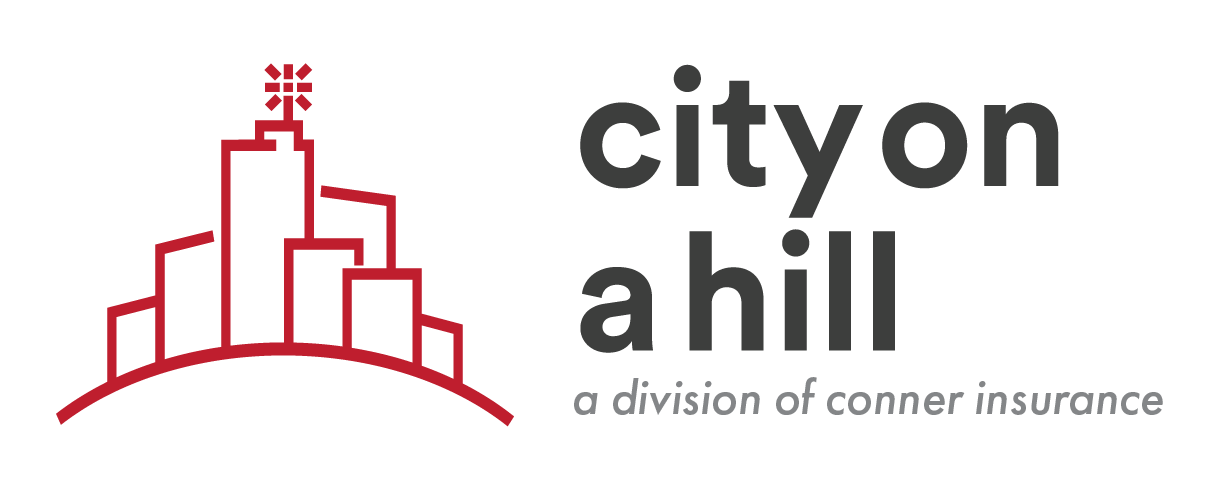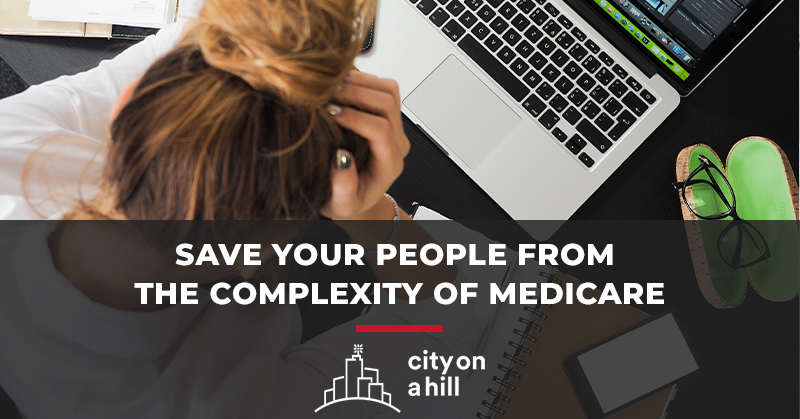With new rules and regulations, the post-pandemic Olympic Games has been a different experience for athletes and coaches alike. But perhaps one of the most talked about events of the Summer 2021 Olympics has been Simon Biles’ surprise withdrawal from the games. And her reasons are honorable.
The Olympic gymnast, who is considered to be one of the top gymnasts of her time, withdrew from the summer games to protect her mental and physical well-being. Her coaches and teammates are all in support of her decision because they know the consequences of continuing to compete in the Olympics could have been disastrous.
The strength in admitting this to the entire world is admirable, a lesson our teachers should be sharing with all of our students.
Closer to home than we think
The pandemic has affected all of us in different ways and as we head toward a post-pandemic way of doing business, we can look at Simon Biles decision to protect her mental health and apply it to the inner workings of our schools.
To do this, we need to take a step back and look at the way we are leading our people. We need to support them on an individual level, representing any concerns or needs they may have. If we take care of our people on an individual basis we can make our teams, and our schools stronger.
Dig in and talk to your employees
Taking care of our employees is more than ensuring we have the proper protocols in place, we need to dig in and reach out to each employee to confirm we are taking care of everyone.
For example, a friend of mine works for colleges by participating in an extensive mental health awareness program. He is always on scene to talk with high-risk individuals, helping them through their crisis. While it is an excellent way to support staff and students, no one took the lead in caring for my friend, to help him deal with his own trauma of absorbing everyone else’s. He is trained to deal with suicidal people, but nobody looked at what he would need to decompress after those experiences.
A missing step in a protocol designed to help employees. How can we protect our own people from situations like this? We need to take it back to the benefits. We need to look at how employees respond to us as an organization. In a recent Conner Chat webinar, Ben Conner talks about mission-driven benefits, which can help us be more efficient with our insurance benefits.
By considering our employees individually in our benefits strategy we can create a better deliverable for our schools and allow our staff to feel a part of our culture and by doing so we can unlock revenues that we can put back into the business, to take care of our people.
We can also open the doors of communication to allow our staff to feel comfortable telling us when something is affecting them on a personal level.
Support your company culture
Simon Biles felt comfortable making a tremendous decision at this year’s summer games perhaps because she knew she had the support of her coach and team behind her. By taking care of her mental health and by giving her the tools she needs to repair, her team becomes stronger.
We cannot neglect the importance of mental health recognition within our schools. By listening to what they need and adjusting our benefits program accordingly we can support our people and grow a stronger team. This is especially important heading into the post-pandemic workforce.




